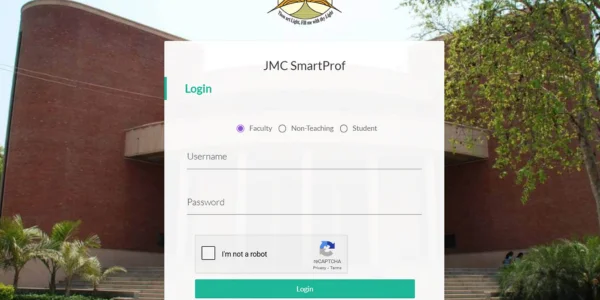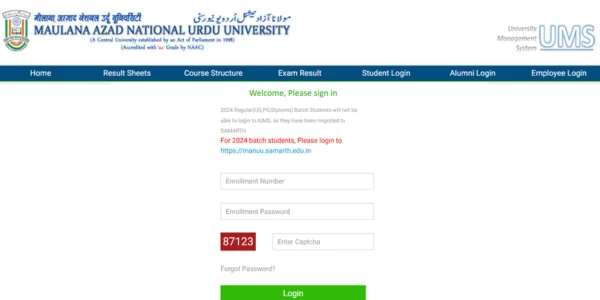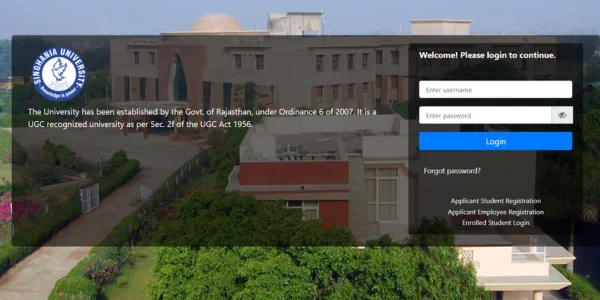DMIT course full form is Diploma in Medical Imaging Technology. This diploma program focuses on training students in the operation of imaging equipment and procedures, enabling them to assist radiologists in performing diagnostic imaging examinations such as X-rays, CT scans, and MRI scans.
Course Structure and Duration
The Diploma in Medical Imaging Technology (DMIT) is typically a two-year program, divided into four semesters. The curriculum combines theoretical knowledge with practical training, covering subjects such as:
- Anatomy and Physiology
- Radiation Physics
- Radiographic Techniques
- Medical Ethics
- Patient Care and Management
These subjects aim to equip students with the necessary skills to operate imaging equipment safely and effectively.
Eligibility Criteria
To enroll in the DMIT course, candidates should meet the following criteria:
- Educational Qualification: Completed 10+2 with Science subjects (Physics, Chemistry, and Biology) from a recognized board.
- Minimum Age: Generally 17 years at the time of admission.
Some institutions may also require candidates to pass an entrance examination or undergo a personal interview as part of the selection process.
Career Opportunities
Graduates of the DMIT program have diverse career opportunities in both public and private healthcare settings. Potential job roles include:
- Radiology Technician: Operating imaging equipment to perform diagnostic procedures.
- MRI Technician: Specializing in conducting MRI scans.
- CT Scan Technologist: Performing CT scans to assist in patient diagnosis.
- Ultrasound Technician: Conducting ultrasound examinations.
Employment opportunities are available in hospitals, diagnostic centers, clinics, and research institutions. With the advancement of medical technology, the demand for skilled imaging technologists is on the rise.
Conclusion
The Diploma in Medical Imaging Technology (DMIT) is a comprehensive program that prepares students for a vital role in the healthcare industry. By combining theoretical knowledge with practical skills, graduates are well-equipped to contribute to patient care through accurate and efficient diagnostic imaging.




